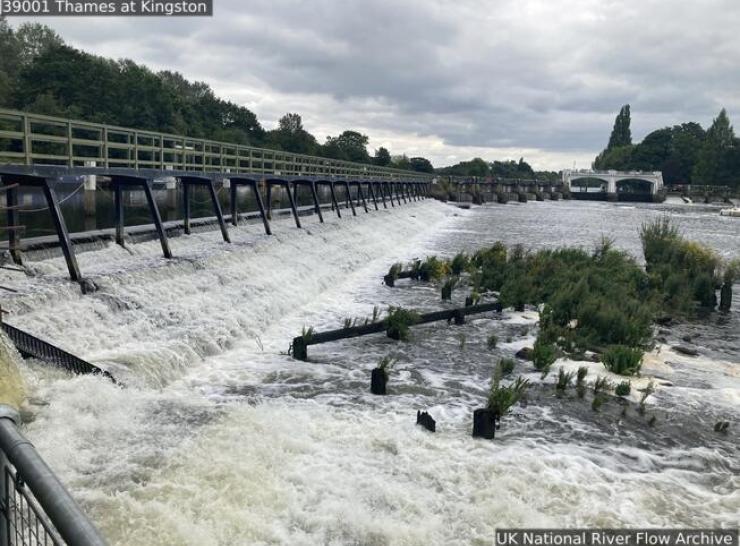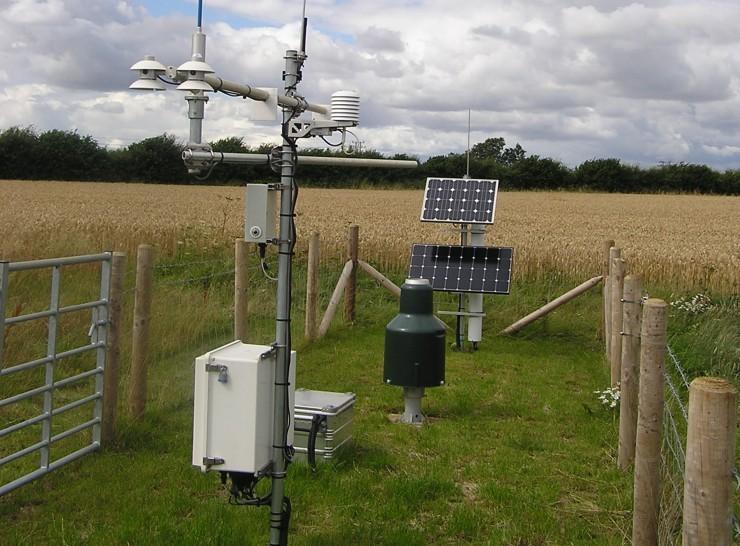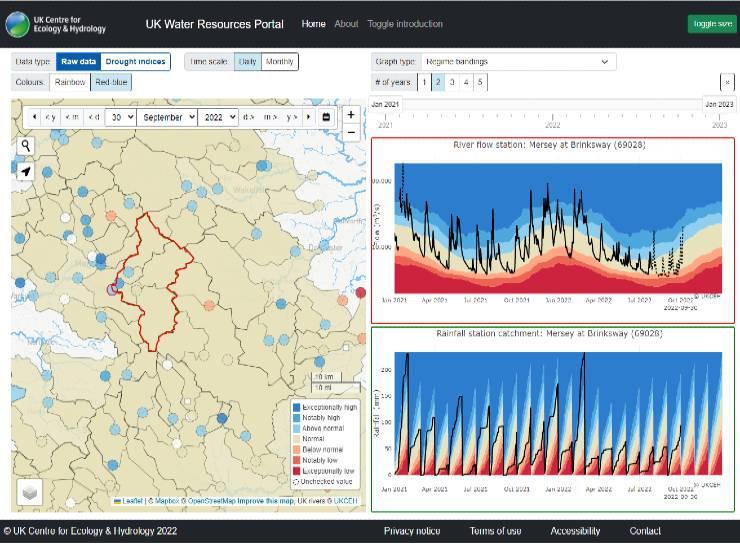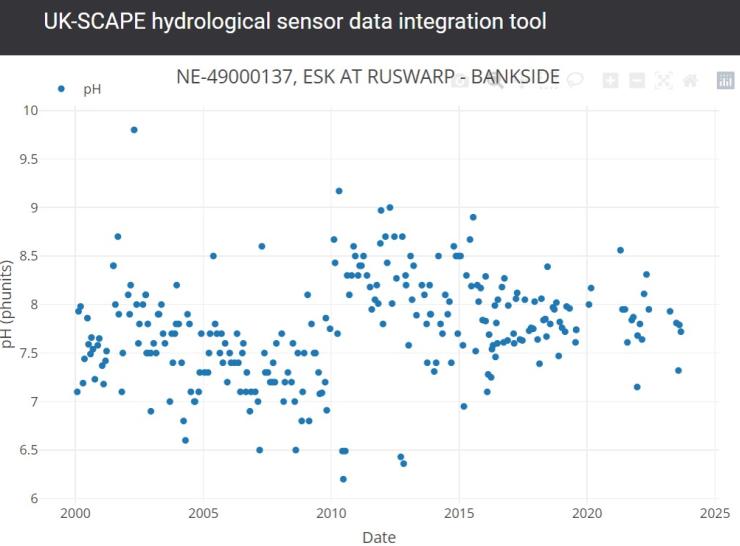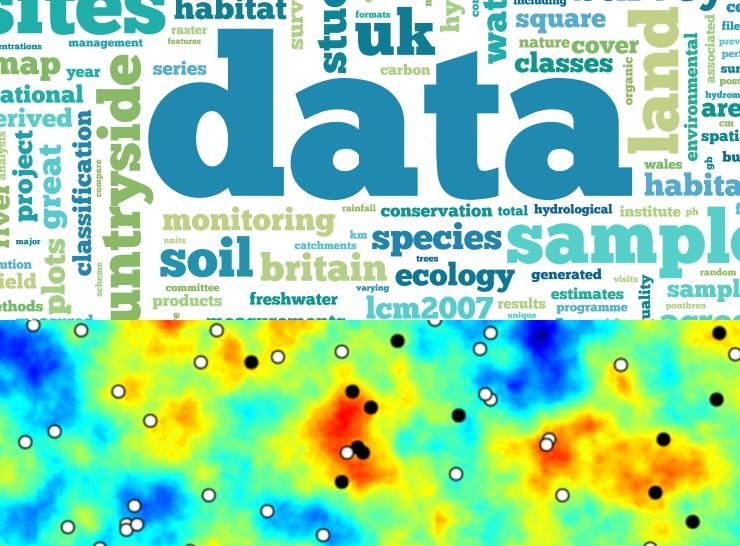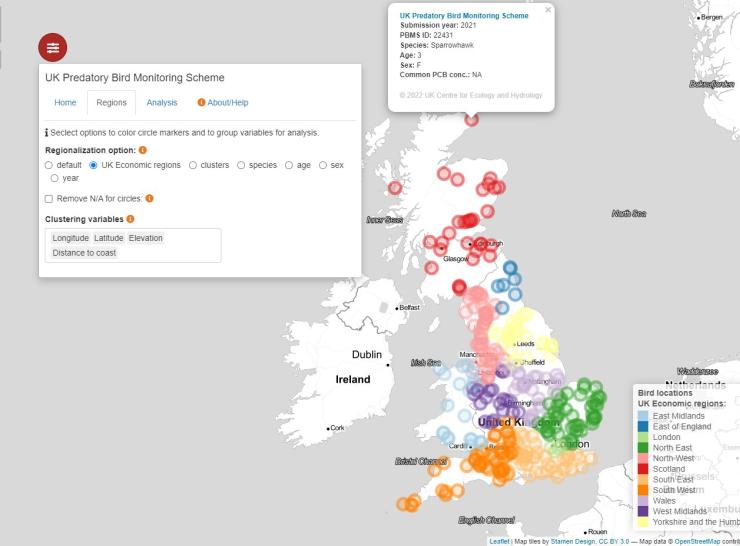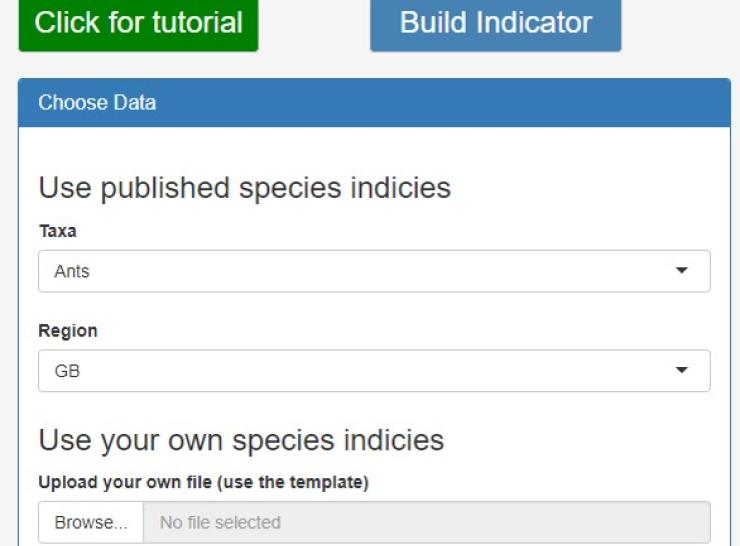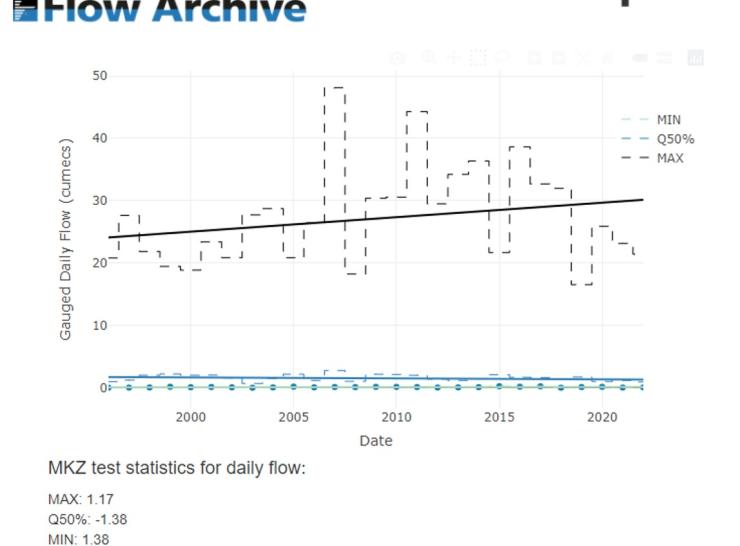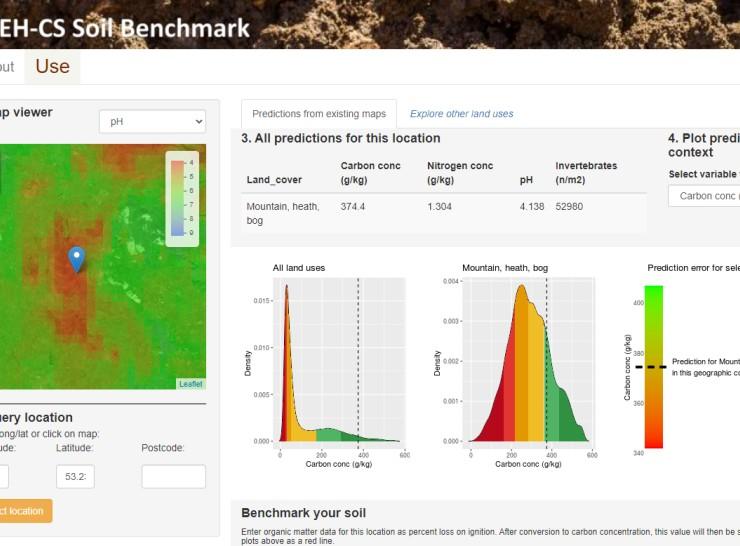Science challenge
The ability to efficiently access and analyse datasets from many sources is essential to gain an holistic understanding of environmental processes and change. The Virtual Survey Lab supports environmental research by bringing together data collected both within the UK-SCAPE programme and by external partners.
